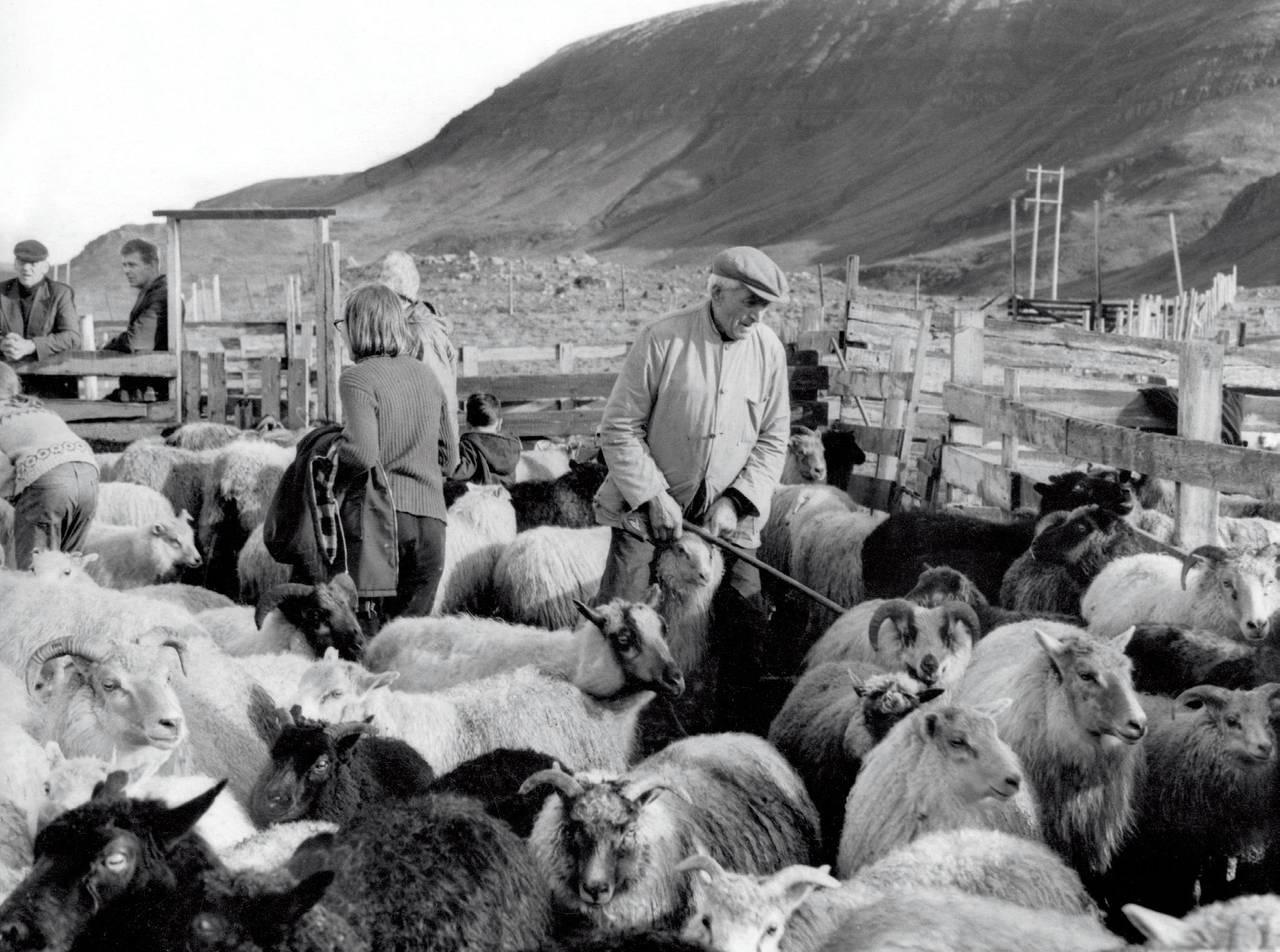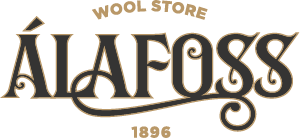
Weaving Through History: The Role of Women in Alafoss Wool Factory
Iceland, known for its stunning landscapes and natural beauty, has a rich history of textile production. One of the prominent wool factories in Iceland is the Alafoss Wool Factory, which played a significant role in the 20th century. While the factory was known for its high-quality wool products, it was also a hub of women's empowerment, providing employment opportunities and contributing to the social and economic progress of Icelandic women.
In this blog post, we will explore the important role of women in the Alafoss Wool Factory during the 20th century, and how their work contributed to the growth of the Icelandic textile industry and women's empowerment.

Alafoss Wool Factory
The Alafoss Wool Factory was established in 1896 by Jon Gauti Einarsson, in Mosfellsbaer, Iceland. The factory initially focused on producing high-quality wool yarn and other wool products, using the abundant natural resources available in Iceland, such as sheep's wool and geothermal energy. However, it was in the 20th century that the factory truly flourished and became a significant source of employment for Icelandic women.
The Role of Women in Alafoss Wool Factory
Women played a crucial role in the factory's production process, working in a range of jobs, from spinning and weaving to dyeing and finishing.

The 20th century witnessed a significant shift in Iceland's social and economic landscape, including the increasing participation of women in the labor force. During this time, women's rights movements gained traction, advocating for gender equality and better working conditions. The Alafoss Wool Factory played a crucial role in this development by providing employment opportunities to Icelandic women.
The factory employed women in various roles, including spinning, dyeing, weaving, and knitting. Women worked as spinners, turning raw wool into yarn using spinning wheels, and as dyers, creating vibrant and colorful yarns using natural dyes extracted from local plants. They also operated looms, weaving intricate patterns and designs to create beautiful woolen fabrics. Knitting was another important skill that women employed in the factory, creating finished products such as sweaters, mittens, and socks.

The work at the Alafoss Wool Factory was physically demanding, but it provided an opportunity for women to earn a living and support their families. Many women from rural areas found employment at the factory, enabling them to contribute to their household income and gain financial independence. The factory also offered opportunities for skill development and career advancement, with some women rising to supervisory roles and becoming leaders in the textile industry.
What was the impact in the country?
The Alafoss Wool Factory played a significant role in the growth of the Icelandic textile industry during the 20th century. The factory's high-quality wool products gained popularity both locally and internationally, contributing to Iceland's reputation as a producer of fine woolen goods. The factory's success also encouraged the establishment of other textile-related businesses in the country, leading to the growth of the industry as a whole.

The women working at the Alafoss Wool Factory were a major part in this success. Their skills and hard work contributed to the production of high-quality wool products that were in demand in local and international markets. The factory's workforce of skilled women became known for their expertise in spinning, dyeing, weaving, and knitting, and their craftsmanship was highly.
Gender equality
The Alafoss Wool Factory played a crucial role in empowering Icelandic women during the 20th century. The factory provided women with the opportunity to work outside their homes and earn an income, which gave them financial independence. Women working at the factory gained a sense of pride and accomplishment from their work and developed valuable skills that empowered them both professionally and personally.
The factory also contributed to gender equality by challenging traditional gender roles. Women at the Alafoss wool factory were able to make a significant contribution to the success of the company. Their hard work and dedication helped to create some of the finest woolen products in Iceland and helped to establish the country's reputation as a center of excellence in the textile industry.
